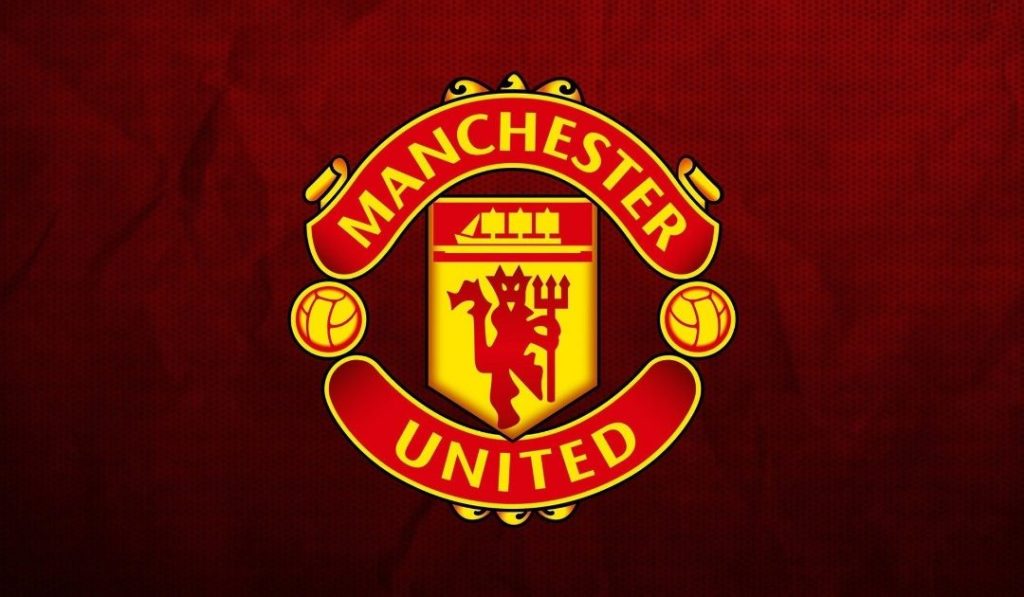Manchester United, one of the world’s most iconic football clubs, has unveiled a comprehensive transformation plan aimed at addressing its persistent financial challenges and laying the groundwork for future success both on and off the pitch. This strategic overhaul comes after five consecutive years of financial losses, a trend that has prompted the club’s leadership to take decisive action to restore profitability and strengthen its overall position. The plan encompasses a wide range of measures, including a significant reduction in workforce, streamlining operations, and enhancing financial sustainability. The overarching goal is to create a leaner, more agile, and financially robust organization capable of supporting the club’s ambitious sporting goals and providing a world-class experience for its fans and partners.
A key component of the transformation plan involves a workforce reduction of approximately 150-200 jobs, pending consultations with employees. This follows a previous round of job cuts last year, totaling 250 positions, highlighting the extent of the restructuring efforts underway at the club. While acknowledging the impact on affected colleagues, the club’s newly appointed CEO, Omar Berrada, emphasized the necessity of these difficult decisions to ensure the club’s long-term financial health. The restructuring aims to achieve a more sustainable cost structure, aligning with UEFA and Premier League regulations, and creating a more efficient operation that can effectively support Manchester United’s sporting aspirations.
Berrada stressed the urgency of addressing the club’s financial losses, stating that they cannot continue. He emphasized the club’s two main priorities: achieving success on the pitch and improving facilities for fans. However, he underscored the impossibility of investing in these critical areas while the club continues to lose money. The transformation plan, therefore, is designed to create the financial stability needed to invest in both footballing success and infrastructure improvements, addressing key concerns for fans and stakeholders.
The restructuring focuses on creating a more agile and financially sustainable football club, while maintaining a commitment to providing excellent service to commercial partners. This approach aims to streamline operations and eliminate redundancies, allowing resources to be allocated more effectively towards the club’s core priorities. By achieving financial stability, Manchester United aims to be in a stronger position to invest in player acquisitions, improve training facilities, and enhance the overall fan experience. These improvements are essential for the club to compete at the highest level and regain its position as a leading force in world football.
The announcement of the transformation plan comes amid increasing scrutiny of Manchester United’s on-field performance and the condition of its infrastructure, including Old Trafford. Fans have voiced their concerns and expectations for improvements in both areas. The club’s leadership acknowledges these concerns and believes that the restructuring is a necessary step towards addressing them. By creating a more financially sustainable foundation, the club can invest in the resources and infrastructure needed to achieve long-term success and meet the expectations of its passionate fan base.
In essence, Manchester United’s transformation plan represents a significant undertaking aimed at addressing fundamental financial challenges and positioning the club for future success. While the job cuts are undoubtedly a difficult aspect of the plan, they are viewed as necessary measures to achieve long-term stability and enable investment in the areas crucial for the club’s future. The club’s leadership is confident that these changes will create a leaner, more efficient, and financially sustainable organization capable of supporting the team’s on-field ambitions, enhancing the fan experience, and restoring Manchester United to its rightful place among the elite clubs in world football.


